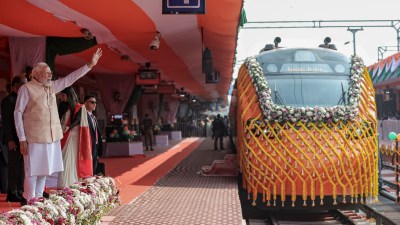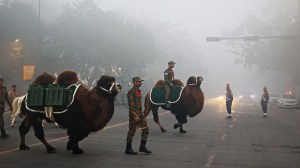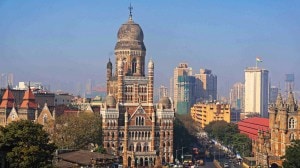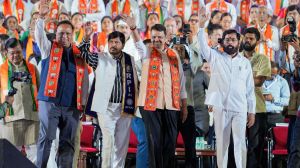Heal thyself
What was AIIMS meant to be? Where is it going? And what is Dr Ramadoss8217;s diagnosis?

Anbumani Ramadoss brings to his portfolio as Union health minister a significant qualification. He is that rare incumbent of the office to actually have a degree in medicine. It would be normal to expect, therefore, that he would be sensitive to the surgeon8217;s greatest concern: procedure. At AIIMS, however, he has made that attribute conspicuous by its wholesome absence. His very public meddling at the institute threatens much more than the tenure of its director. P. Venugopal has proceeded on leave to protest against the minister8217;s intervention to place in key faculty positions candidates other than those recommended by the institute8217;s search committee. The committee, incidentally, was headed by the Union health secretary. This very unseemly episode highlights the problem at the country8217;s premier institution for medical research and the further deterioration that could lie ahead.
It is an apt moment to contrast the objectives with which the All India Institute of Medical Sciences set up in 1956, and what it is currently mired in. It was to offer world-class medical education, serve as a referral point for tertiary care and undertake cutting-edge research. It has, in the decades since, retained its status as the premier medical college in India comparable with the best in the world. All the same, it has failed to record the kind of growth that status demands. It is shocking that today just about 50 seats are offered each year at the MBBS level. To be a worthy determinant in upgrading the quality of doctors produced by a country with India8217;s size and challenges, that is just too paltry. Those challenges, in terms of the huge numbers of patients that come to it for routine care, have meant that AIIMS must make for the sorry state of government hospitals. In research, despite the much publicised flight of faculty, much has been done. But the subcontinent8217;s unique health profile, it has been argued, needs enhanced focus on indigenous work.
If AIIMS is to play the role in the country8217;s health sector that was envisaged by Parliament 8212; and that the institute, for all the talk of resource crunch, has shown it is capable of 8212; it must be freed from political interference. Ramadoss is right to be worried about reviving public opinion in favour of AIIMS. But by meddling and thereby overturning administrative procedures, he is becoming part of AIIMS8217;s problem. At this advanced stage of the crisis, the onus is on him to rescue AIIMS from politicisation. That can only be done by respecting the autonomy of the institute and its director.
- 01
- 02
- 03
- 04
- 05































